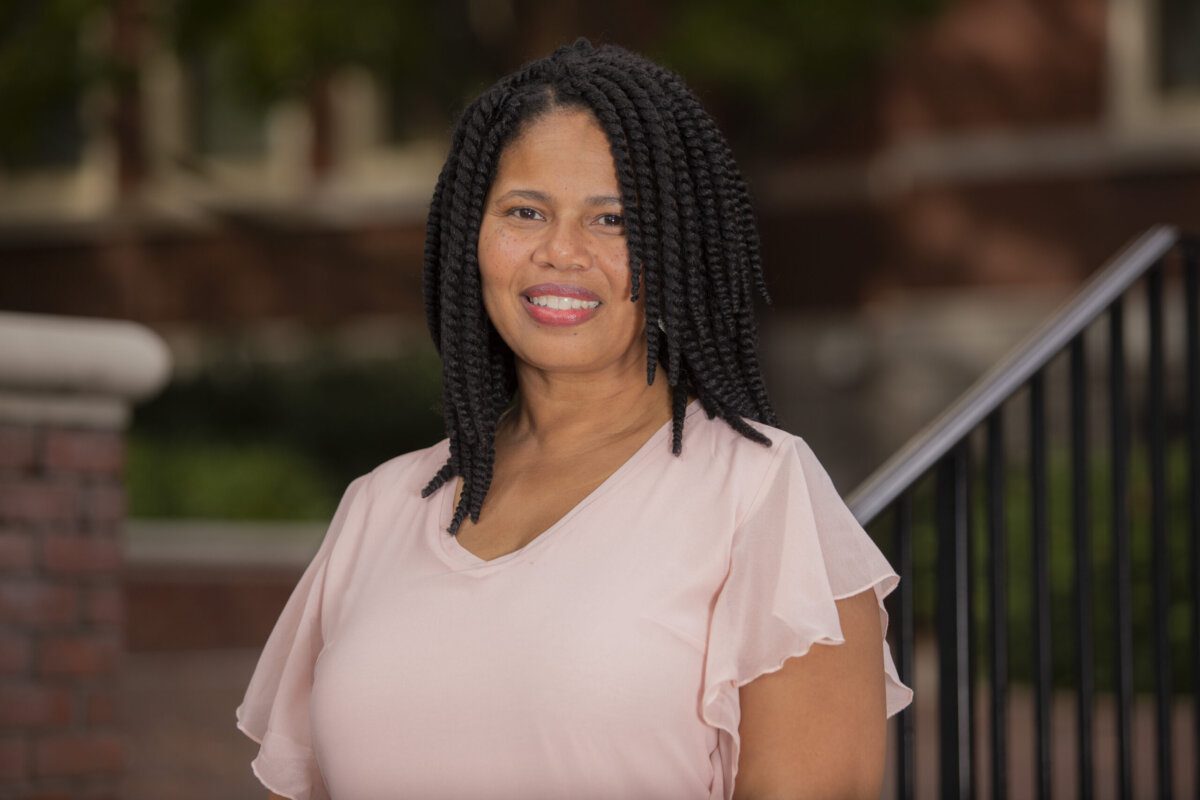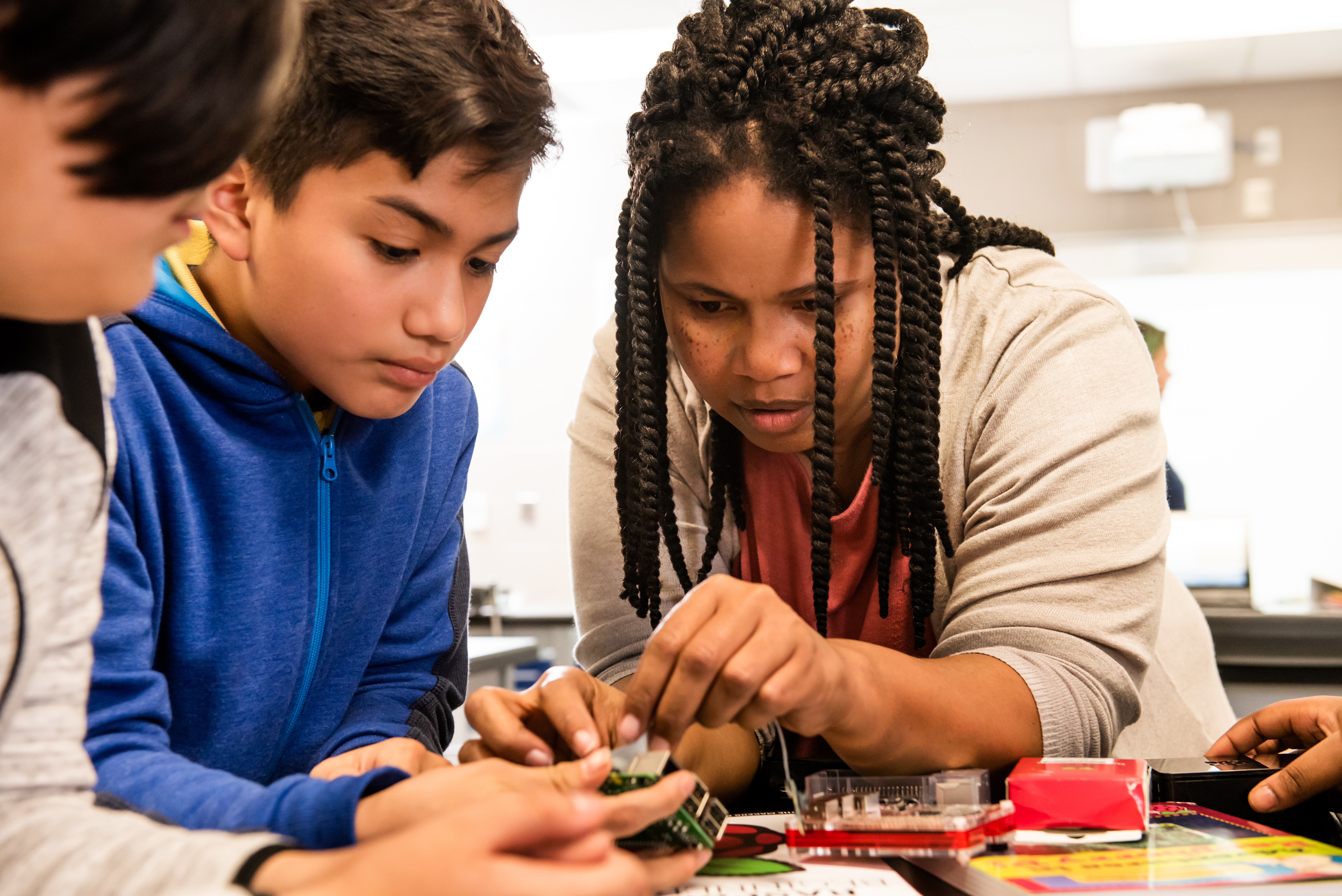Schlagwort: Raspberry Pi Certified Educator
-

Possibilities of the Raspberry Pi — from Code Club to Coolest Projects USA
Reading Time: 3 minutesYolanda Payne is a veteran teacher and Raspberry Pi Certified Educator. After discovering a love for computers at an early age (through RadioShack Tandy), Yolanda pursued degrees in Instructional/Educational Technology at Mississippi State University, the University of Florida, and the University of Georgia. She has worked as an instructional designer, webmaster, and…
-

Puerto Rico’s First Raspberry Pi Educator Workshop
Reading Time: 3 minutesEarlier this spring, an excited group of STEM educators came together to participate in the first ever Raspberry Pi and Arduino workshop in Puerto Rico. Their three-day digital making adventure was led by MakerTechPR’s José Rullán and Raspberry Pi Certified Educator Alex Martínez. They ran the event as part of the Robot…
-

Tackling climate change and helping the community
Reading Time: 3 minutesIn today’s guest post, seventh-grade students Evan Callas, Will Ross, Tyler Fallon, and Kyle Fugate share their story of using the Raspberry Pi Oracle Weather Station in their Innovation Lab class, headed by Raspberry Pi Certified Educator Chris Aviles. United Nations Sustainable Goals The past couple of weeks in our Innovation Lab…



